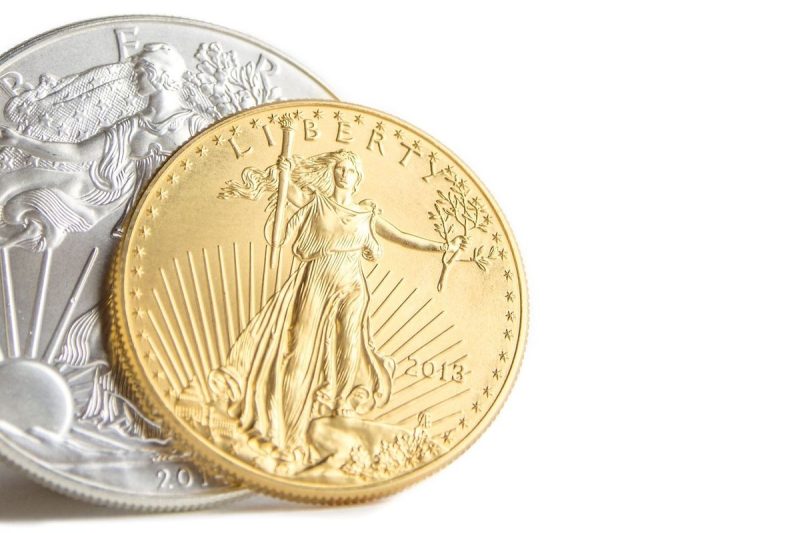Missouri Set to Recognize Gold and Silver as Legal Tender, Critics Raise Implementation Concerns

Missourians may soon be able to pay their taxes — and possibly their grocery bills — with gold and silver.
The Missouri General Assembly has passed a Republican-backed amendment to a wide-ranging finance bill that recognizes precious metals as legal tender. It would require state government entities to accept electronic forms of gold and silver — known as “electronic specie currency” — for public debts, including taxes.
The bill, now awaiting action by Republican Governor Mike Kehoe, has sparked both curiosity and concern. It stops short of mandating that private businesses accept physical or digital precious metals, but allows them to do so voluntarily.
“The goal is about restoring economic and political freedom back to everyday Missourians,” Representative Bill Hardwick, a Dixon Republican and a primary sponsor of the legislation, told the Kansas City Star. He has pushed versions of the so-called ‘Constitutional Money Act’ for several years alongside members of the Missouri Freedom Caucus.
If signed into law, Missouri would become one of the few states to recognize gold and silver as legal tender — echoing a similar law passed by Utah in 2011 and proposals floated in other Republican-led states like Florida and Louisiana.
Supporters say the measure offers an alternative to the US dollar, which they argue is being devalued by inflation and poor federal monetary policy. However, the bill came as a surprise to some in the Capitol — it drew limited discussion on the House floor, and its full text was unavailable more than 24 hours after its passage, raising implementation questions.
State Representative Kemp Strickler, a Democrat from Lee’s Summit, expressed skepticism about the precious metals provision, though he ultimately voted “present” due to supporting other parts of the broader financial legislation.
“Not a fan of that part of it,” Strickler said. “Assuming it gets signed, we’re in the ‘how do we implement’ stage.”
He added that he expects most private businesses will likely decline to accept gold or silver as payment, given the complexities involved. “I would think this would be a huge challenge for private businesses,” he added.
Implementation may indeed be the most complicated part. The amendment calls on the Missouri Department of Revenue to develop rules and infrastructure for accepting electronic specie by August, when the bill would take effect.
Hardwick suggested that emerging payment technologies could facilitate transactions in gold or silver through digital and paper-based equivalents. But critics say the idea remains largely symbolic and potentially unworkable.
“So when I go to a gas station and buy a Coke, a 20 ounce Coke, and I’d say, you know, here’s my gold … Are they gonna give me back money in gold?” former Senate Minority Leader John Rizzo, a Democrat from Independence, said in 2023.
Business groups have been more measured in their responses.
The Missouri Chamber of Commerce and Industry opposed earlier versions of the bill that would have forced private businesses to accept gold and silver. But the final version was softened to remove that requirement.
The bill’s momentum comes amid a broader push by conservative lawmakers across the country to reassert state-level authority over monetary policy and hedge against federal economic policies they view as reckless.
Earlier this year, Utah legislators passed a bill to create a precious metals-backed electronic payment system, although Republican Governor Spencer Cox later vetoed it. In Florida, similar legislation has gained traction, with Governor Ron DeSantis voicing support. Louisiana lawmakers have also introduced, but not passed, related bills.
Whether the legislation becomes law now rests with Kehoe, who has not indicated how he will proceed. “The bill will receive a thorough review by Governor Kehoe and his team,” said spokesperson Gabby Picard in an email.
Though some proponents remain optimistic that alternative currency systems can gain traction, the real test will come in how — and whether — the state implements the law in a way that is practical and secure.
For now, gold and silver may be legal tender in theory; however, whether that translates into everyday transactions at gas stations, grocery stores or tax offices remains to be seen.
Securities Disclosure: I, Giann Liguid, hold no direct investment interest in any company mentioned in this article.



